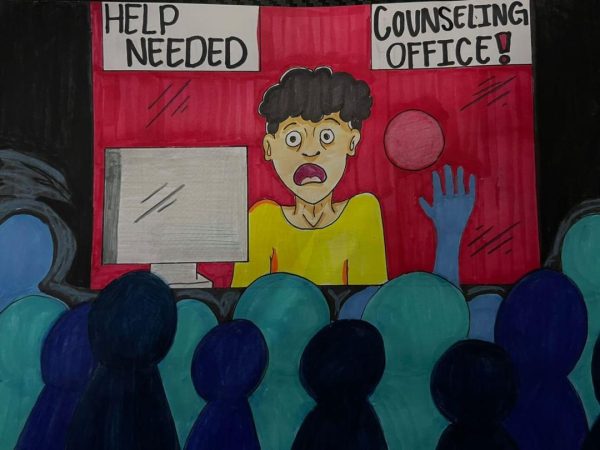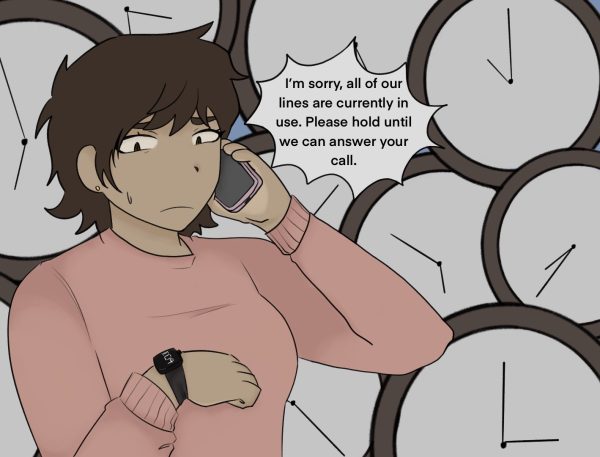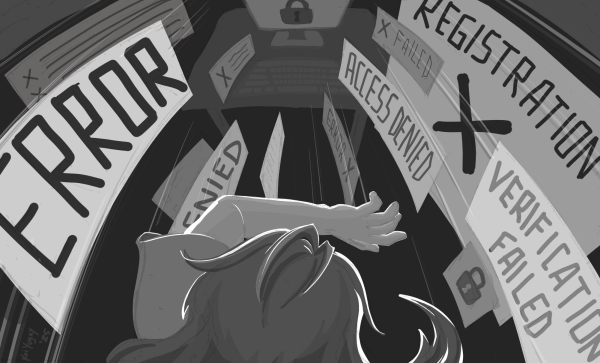Editorial: Writing a new chapter on faculty integrity
Cutting costs for students, assuring availability of learning resources, and tailoring the content of textbooks to a student’s needs all sound like great ideas. Unfortunately, as altruistic as this all sounds, it’s almost impossible to ignore the inherent conflict of interests that arises when faculty require students to purchase the textbooks they themselves have written.
Whenever a person of authority stands to make a personal profit from the actions they take as part of their office, there will always be a potential for abuse. It doesn’t mean that the interests of their position and their own personal interests will never coincide by coincidence, or that they will automatically abuse their position. However, they have an ethical responsibility to remove themselves from those situations so as not to endanger the faith in that authority.
For example, it’s entirely possible that when John Deasy, LAUSD superintendent, first pitched his disastrous iPad program back in 2012, he was motivated by nothing more than an earnest desire to help the students of Los Angeles. Unfortunately, due to his large shares of Apple stock, the public has every right to question his motivations for spending $1.3 billion of taxpayer money on a program he stood to profit from. Worse, it calls into question every other action Deasy makes, eroding his authority and the trust in his office.
Yet, how can we ensure the moral integrity of our faculty without costing students an arm and a leg? The solution is actually relatively simple, just remove the temptation for self-dealing. Either forbid faculty from requiring their own texts in their classes, or simply pass all such profits to the school instead of the faculty.
Now, this isn’t meant to be some communist-like rhetoric about how teachers don’t deserve to profit from the actual work they do. In fact, while on sabbatical to write and/or update their texts, faculty are being paid, despite not teaching classes. Some teachers point out that the margin of profit for their single campus publications are minuscule; if they’re really all that small, why not help students out a little more by giving that profit directly to the school, while at the same time removing concerns about their integrity?
In the instance of textbooks used by more than one campus, however, by all means those teachers and professors deserve the royalties for their own work. They simply shouldn’t be allowed to assign those texts as required reading. Students in other classes still stand to benefit from the teacher’s hard work, and it’s not like those teachers’ textbooks are the only ones available.
It’s unfortunate such steps are needed, or that professors are paid so little in the first place despite fulfilling such a vital role in society. However, we do not live in a perfect world, and professors are human beings like the rest of us, subject to the same temptations and foibles as anyone else. Sometimes, they too fail or make mistakes. We must recognize this fact even as we entrust them with the futures of hundreds of students at a time.
There’s a reason why psychologists are forbidden from romantic relationships with their patients, or why police officers are not allowed to investigate crimes against themselves or their families. Along with the trust their positions are granted comes a responsibility to uphold that trust, something that just isn’t possible when there is an obvious conflict of interests.









